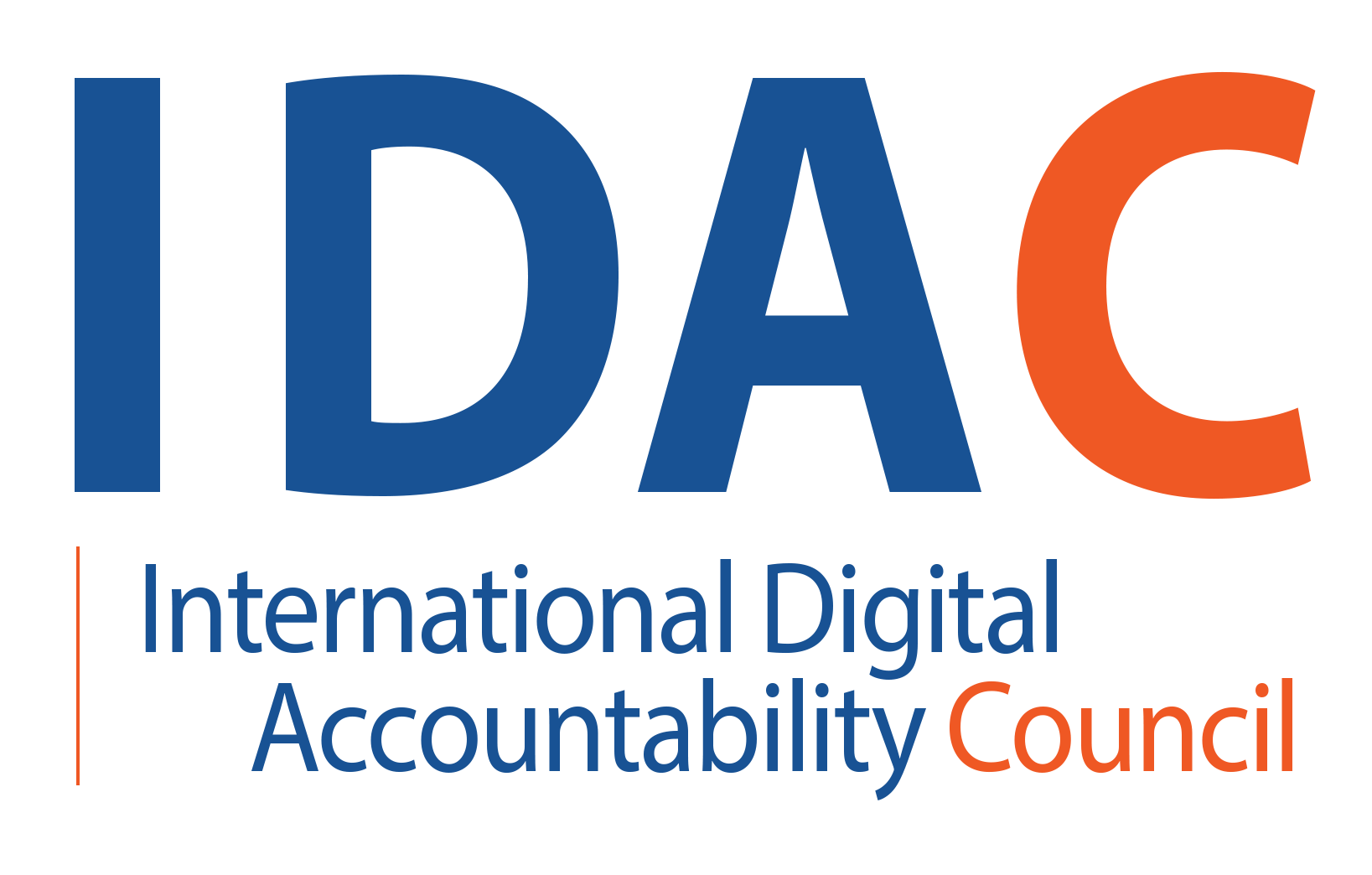By Gauri Gupta
New apps are being rolled out daily offering to calm and satisfy all of our COVID-related anxieties. These apps help us connect with family and friends, stay in touch at work, remotely meet with a doctor, and even to track COVID-19 symptoms and exposure.
And while these apps may temporarily alleviate some of those anxieties, the privacy risks attached are real. Personal and sensitive information is shared in millions of different ways via unsecured apps that may be compromised, sold to benefit others or misused.
However, we don’t have to compromise our digital privacy and personal data during this pandemic. Below are five concrete best practices that help safeguard your family’s digital activities.
Carefully review app permissions
When downloading a new app, carefully review the app permissions it requests and selectively disable permissions that may look suspicious or unnecessary to use the app.
When it comes to downloading apps related to COVID-19, such as contact tracing apps or health monitoring apps, pay attention to requests for access to your calendar, camera, contacts, location, microphone, phone and messages, particularly if these are not required for an app to perform its necessary functions. Since location data particularly lends itself to unwanted tracking, it’s best to disable these settings by default or, if they are required for the app to function, enable them only while the app is in use.
Limit access for hosting video conference meetings
As video conferencing apps, such as Zoom or Skype, have become ubiquitous during the pandemic, users who host a private meeting should always use passwords to prevent uninvited users from gaining unauthorized access to and disrupting a confidential meeting. For an extra layer of protection, hosts can enable a “Waiting Room” so anyone who wishes to join the video chat will need to be approved by the host before entry. Following these simple steps will help you avoid the dreaded “Zoom Bomb.”
Use trusted apps from credible sources
When thinking about downloading a new app aimed at detecting or tracking the coronavirus, only use a credible source. Be sure to research and carefully review a new app before downloading it and use established, trusted app stores such as Google Play, Amazon store, or Apple’s App Store that ensure a standard quality of data protection and require developers to publish privacy policies that explain how your data is used. Look for apps that have a high number of reviews, since they may be more established and credible than a new app on the market.
Keep software up-to-date
Smartphone and computer software is meant, in part, to protect data from bad actors. But the bad actors keep finding new ways to attack – so software has to keep up. It’s important to update phone and computer operating systems frequently. Major platforms like Apple, Google and Microsoft provide routine updates to fix previously discovered security vulnerabilities.
Use two-factor authentication
Protecting devices with two-factor authentication will help prevent others from hacking into and compromising personal data. This involves adding a second layer of identity verification to access and use your device, and may involve providing your phone number, email, or answering a security question to authenticate yourself.
**
Will all this work? The truth is no amount of protection is perfect.
The only surefire way to protect your privacy online is to go socially distant from your devices. But these concrete steps, practiced regularly, will do more to keep your data in your hands and out of the hands of those who seek to obtain it, use it and sell it for their own purposes.

